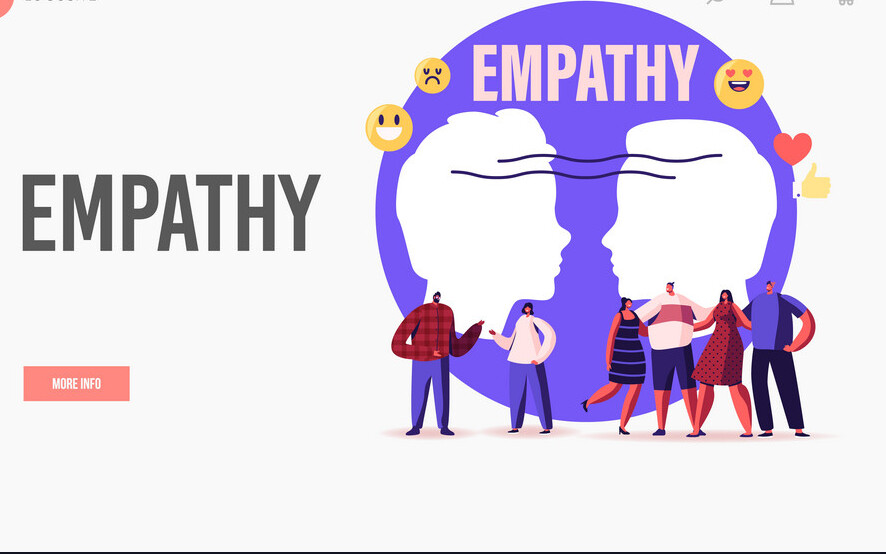
Cognitive Empathy for HR Professionals
The CEO has been talking about risks to key talent and the urgent need to do something. The HR head is unable to read the CEO’s concern about “risk to talent” against the context in which the CEO mentions it and responds defensively by talking about the Top Talent Development management program he has launched and how it will solve the problem. The CEO gives up and calls in a consultant, albeit reluctantly.
This HR Manager is facing huge resistance from one particular Line Manager over a new policy change that he has been championing. His discussions are going nowhere. The HR Manager is unable to influence him by taking for a moment the perspective of the line manager and keeps pushing hard. No marks for guessing that things turn nasty.
In a lot of my work as a coach, consultant and facilitator I encounter very senior and successful HR professionals who often fail to see things from others points of view. These otherwise competent professionals somehow fail to imagine or envision how things might look from somebody else’s perspective.
So, what do we call this skill or ability? Experts in the field of psychology and human behaviour describe this ability as cognitive empathy.
Cognitive empathy is also called perspective taking and is also seen as related to the theory of mind or the ability to attribute mental states to oneself and others and through that understand others’ perspectives, beliefs, intentions and needs. Cognitive empathy is about cognitively appreciating how others are feeling or how things look from their perspective.
There are at least nine things that HR Professionals with high cognitive empathy are able to do.
- They are able to understand their line manager better by imagining how things look from their perspective.
- They strongly believe that there are two sides to every situation and always look at them both.
- They are able to accurately assess what their stakeholders would say before they take a decision that affects them.
- They are able to comprehend the real meaning of what their leaders are saying by combining what they said with the context in which it was said.
- They find it easy to visualize and understand how their line managers are likely to receive what they are about to say.
- They are able to read between the lines and gather the unstated needs, expectations and messages from business.
- They are alive to potential disagreements in any situation.
- They are able to imagine with reasonable accuracy what their internal customers are thinking of them and how they are being assessed.
- They are able to influence the behaviours of their stakeholders by saying things in a way that appeals to them
So what hinders or helps in developing cognitive empathy?
Egocentricity or pre-occupation with oneself certainly hinders the development of cognitive empathy. HR Professionals who are able to transcend their own needs, anxieties and concerns are able to develop and demonstrate cognitive empathy. Given the socio-cultural shift towards greater individualistic orientation, the development of cognitive empathy will call for conscious and deliberate efforts.
You will agree that what I say here about HR folks is equally applicable to business folks too. But, then this blog is for HR folks!
